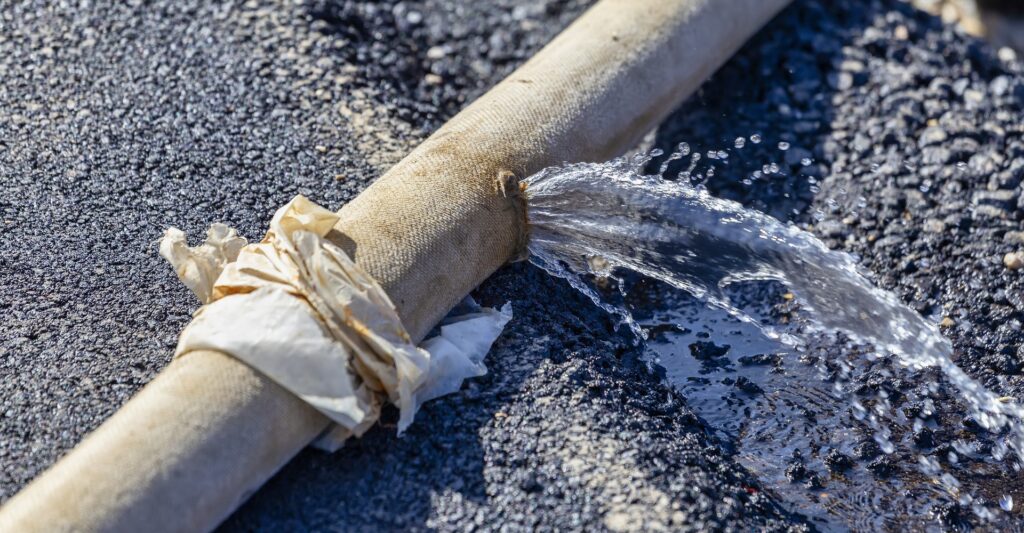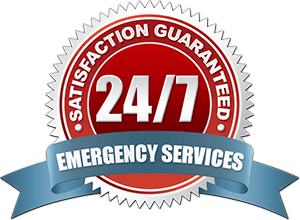
5 Reasons That There Might Be Some Leak In Your Kitchen In San Diego
A leaking kitchen can be a homeowner’s nightmare, leading to water damage, mold growth, and costly repairs. Identifying the source of the leak is crucial to prevent further damage and maintain the integrity of your home. Here are five common reasons why there might be a leak in your kitchen:
-
Faulty Plumbing
One of the primary culprits behind kitchen leaks is faulty plumbing. Over time, pipes can deteriorate due to age, corrosion, or damage from external factors. Loose connections or worn-out seals around pipes under the sink or behind appliances can lead to leaks. Even a small crack in the pipe can cause water to seep out, gradually causing damage to surrounding structures.
-
Worn Out Seals
The seals around kitchen fixtures such as faucets, sinks, and garbage disposals can degrade over time, leading to leaks. Constant exposure to water, cleaning chemicals, and frequent usage can weaken these seals, allowing water to escape. Inspecting and replacing worn-out seals can help prevent leaks and water damage in your kitchen.
-
Clogged Drains
Clogged drains are not only a nuisance but can also cause leaks in your kitchen. When drains become blocked by food debris, grease, or other substances, water can back up and overflow, leading to leaks around sinks or beneath cabinets. Regularly cleaning and maintaining your drains can prevent clogs and potential leaks.
-
Appliance Malfunctions
Kitchen appliances such as dishwashers, refrigerators with ice makers, and washing machines can develop leaks due to various reasons. Over time, hoses and connectors may become loose or damaged, resulting in water leakage. Additionally, worn-out gaskets or faulty internal components can also cause appliances to leak water onto the kitchen floor. Regular maintenance and timely repairs of kitchen appliances can help prevent leaks and prolong their lifespan.
-
High Water Pressure
While having adequate water pressure is essential for efficient water flow, excessively high water pressure can lead to leaks in your kitchen plumbing. High water pressure puts additional stress on pipes, fittings, and fixtures, increasing the risk of leaks and bursts. Installing a pressure regulator can help control water pressure and prevent potential leaks in your kitchen plumbing system.
FAQs
How Can I Detect A Leak In My Kitchen?
Signs of a kitchen leak include water stains or puddles under sinks, cabinets, or appliances, musty odors, mold growth, and unusually high water bills. Additionally, monitoring water usage and conducting periodic inspections can help detect leaks early.
What Should I Do If I Discover A Leak In My Kitchen?
If you detect a leak in your kitchen, it’s essential to act quickly to prevent further damage. Turn off the water supply to the affected area, clean up any standing water, and address the source of the leak. Depending on the severity of the leak, you may need to repair or replace damaged pipes, seals, or appliances.
Can I Fix A Kitchen Leak Myself, Or Do I Need To Hire A Professional Plumber?
Minor leaks, such as a dripping faucet or a loose pipe connection, can often be fixed by homeowners with basic plumbing skills and the right tools. However, for more complex leaks or if you’re unsure about how to proceed, it’s advisable to seek the assistance of a licensed plumber to ensure proper repairs and prevent further damage.
Conclusion
Call 1st Response Leak Detection at (619) 374-8554 right away to set up an interactive consultation with one of our experts.
Call the experts of 1st Response Leak Detection at (619) 374-8554 to avail of our leak detection services in San Diego, CA.



